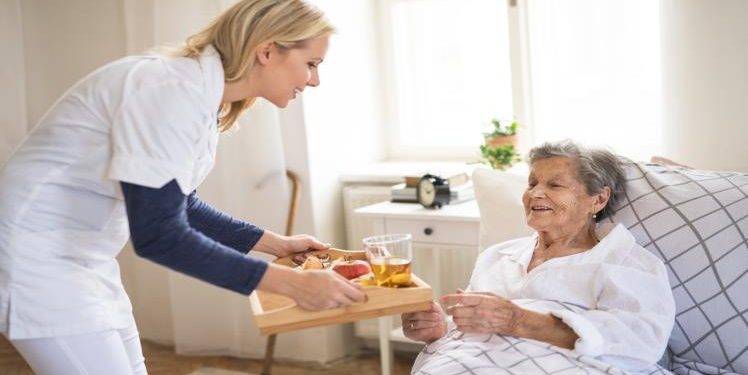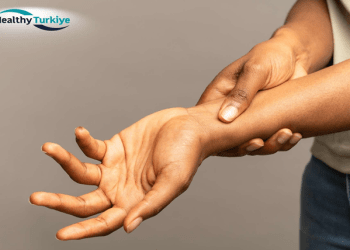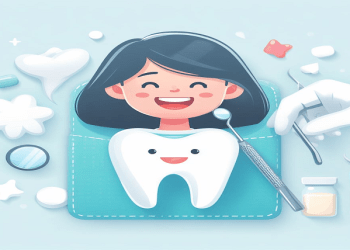Personal care services are one-on-one aid with fundamental daily tasks that an individual cannot manage without help. These services at Valley Forge personal health care agency, which aid with what are known as ADLs and IADLs, respectively, are often sufficient to keep a person living in their own home rather than requiring them to move to an assisted living facility or nursing home.
Some Types of Individually Tailored Care
Services for ADLs and IADLs are included under the umbrella of personal in-home care. All of these are essential to a person’s well-being and independence; without them, they cannot remain in their home.
A few categories of personal care services are:
- Bathing
- Toileting
- Dressing
- Grooming
- Dishes and food preparation
- Dosage Reminders
- Mobility
Personal care attendants are those who assist patients with daily activities. In general, personal care aides fall into one of three broad classes:
- Depending on the level of care required, family caregivers such as sons, daughters, and spouses are typically able to manage and offer services independently.
- The term “private care provider” refers to in-home caregivers whom a government or private organization does not employ.
- Licensed, trained, and personal care agencies employ vetted personal care aides.
Who Qualifies to Receive In-Home Care?
The aged, the disabled, those recovering from an injury or sickness, and people with chronic diseases like dementia and Alzheimer’s are the most common recipients of personal home care services.
Personal care services, in contrast to home health care services, do not require a doctor’s order or ongoing certification to be given. Personal care services should be evaluated in collaboration with the senior’s medical team, the personal care agency or helper, and the senior themselves. Some people only need companionship services, while others may also require home health aid.
Personal care services have many advantages.
In-home care like this has several advantages over institutional settings like assisted living and nursing homes.
-
Possibility of Retiring to One’s Own Space.
The majority of elderly people want to spend their final years in their own homes, and they are more likely to do so if they have access to personal care services and other forms of social support. When an elderly person assists with routine activities, they can stay in their homes for many more years.
-
Save money.
Personal home care does come with a price tag, but it is typically much cheaper than assisted living or a nursing home.
-
Customized Expenses.
Caretakers specializing in personal care can tailor their services to each recipient. While certain cases may necessitate around-the-clock attention, others may simply need assistance for a few hours each day.
-
Improved livability.
As a result of receiving personal care services, our elderly clients are able to stay in their own homes, continue to have some measure of independence, and develop meaningful relationships with their caregivers, all of which contribute to a high quality of life.













